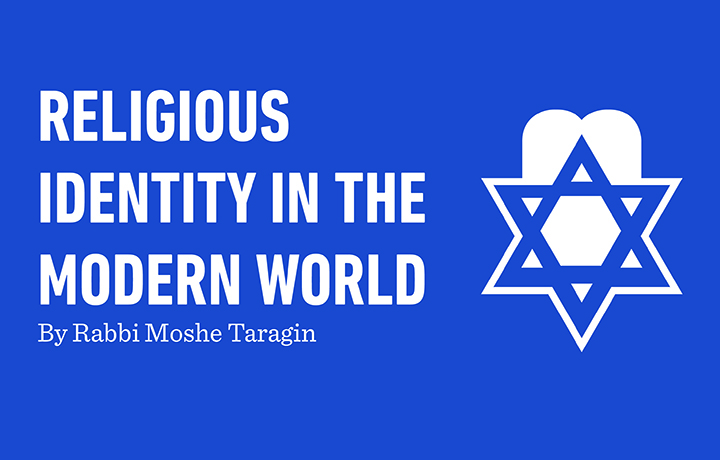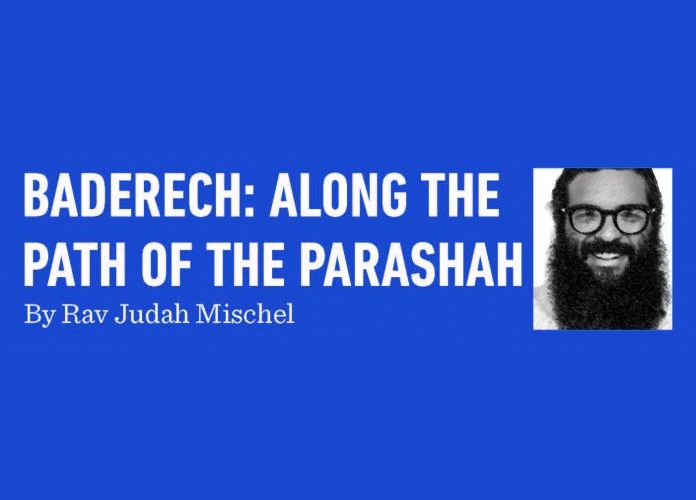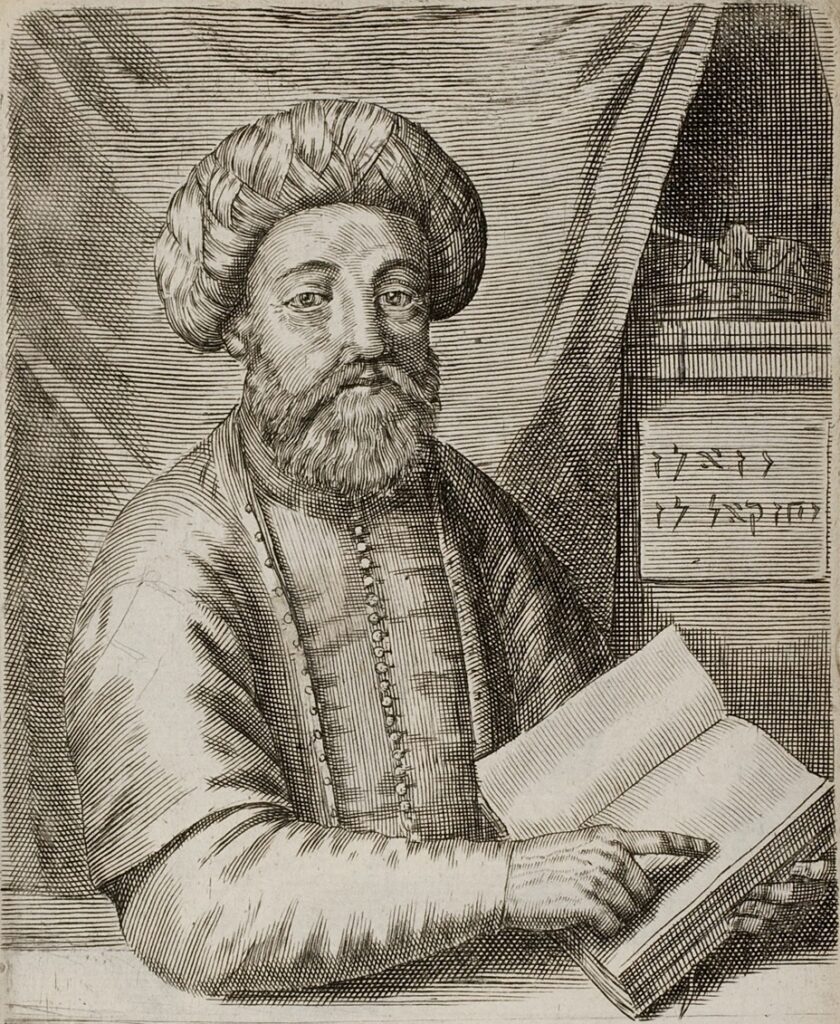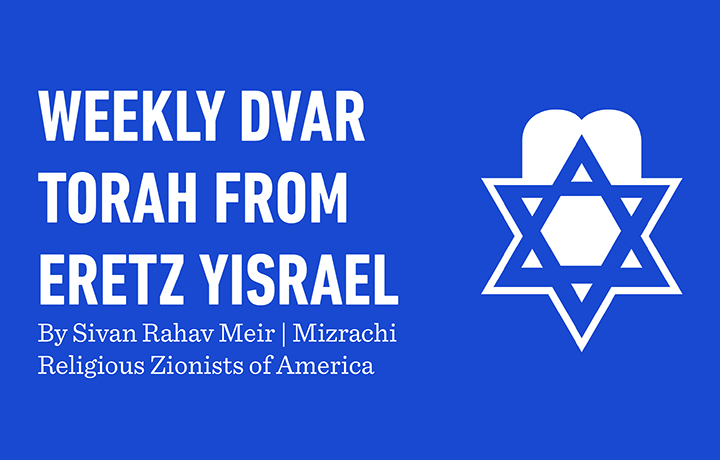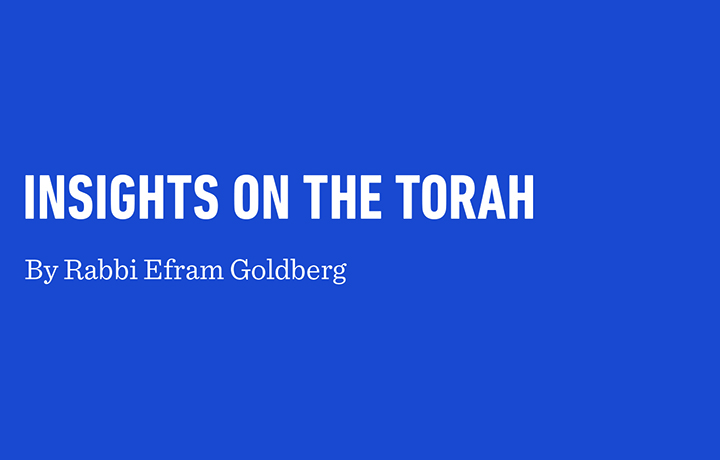Ki Teitzei: Words Are Tearing Us Apart
“For the sin we have committed before You through speech.”—Viduy (Yom Kippur Confessional).
Memory is a crucial part of human identity; it enriches our lives and carries a continuous thread from past to present. Collective memory strengthens our shared heritage and unites us. Our chagim carry this collective memory forward, keeping the great moments of our history alive in every generation. On these chagim we do more than recount miracles, we ritualize memory, performing ceremonies that either reenact those extraordinary events or evoke their central themes.
Yet memory in Judaism is not confined to the chagim; it accompanies us each day through the call to recall six defining moments of our past. The Torah repeatedly instructs us, six times, to remember momentous events, what Jewish tradition calls the six pillars of memory, or in Hebrew, the Sheish Zechirot. Many people recite these pesukim daily after their tefillot, keeping these foundational moments alive in their memories. These pillars encompass Yetzias Mitzrayim, Matan Torah, the attack of Amalek, Kedushat Shabbat, and the sin of the egel. Together, these memories form a living framework, shaping how the Jewish people understand their destiny, their obligations, and their relationship with Hashem.
The sixth and final pillar of memory is striking in its peculiarity. We are commanded to recall the sin of Miriam in the desert. At first glance, it seems like a private matter, hardly warranting national remembrance. Evidently, however, her failure is cast as a paradigm, a warning against a cardinal flaw. By recalling Miriam’s misstep and its severe consequences (her affliction with tzaraas), we are reminded to guard ourselves from similar moral decline.
Miriam and her brother Aharon spoke ill of Moshe Rabbeinu, casting disparaging remarks about his wife, who was originally a Midianite. For this, Miriam was struck with the shaming affliction of tzaraas, which brought the entire camp to a standstill for seven days. Miriam’s sin highlights how words, when misused, can wound deeply and corrode the spirit of a community. Her slander of Moshe left a lingering stain on the camp’s atmosphere.
Her words did more than cause personal harm—they seeded division. People likely took sides on the issue, and it is no coincidence that the Torah next recounts the calamity of the spies. Their demoralizing report affected a nation already unsettled. Perhaps if the people had been more united, marching steadily toward the Land of Israel, the spies’ voices would not have carried such weight.
We all sense that the unity we shared two years ago has withered. Old disputes have resurfaced, and new ones have taken root. Our society feels badly splintered. When news breaks that demonstrators are blocking a highway, our first question is no longer whether there is a protest, but which group is protesting today.
Even more troubling than the disagreements is the collapse of our language. Conversations too often descend into accusations, condemnations, and cruel ad hominem attacks. The most jarring moments come when Holocaust terminology, words such as “Nazi,” “Judenrat,” or “Oberkommandant” are hurled at fellow Jews. If we cannot reach a consensus, let us at least learn to speak to each other with dignity.
If the memories of Yetzias Mitzrayim, Sinai, and the other great pillars cannot bind us together, then perhaps the memory of Miriam will remind us how words can divide and corrode. With that in mind, here are four thoughts on how we might nurture a healthier and more constructive discourse.
The Torah does not disclose the details of Miriam’s slander. To do so would have been self-contradictory. How could a section meant to highlight the corrosive effects of gossip indulge in gossip itself? It isn’t hard to imagine the thrust of her comments, but the Torah chooses discretion. Not everything needs to be said. Not every opinion has to be expressed. The real question is: Will these words help or harm? Will they persuade or merely vent frustration?
Perhaps Miriam could have offered her counsel to Moshe in a quieter, more private setting. The walls have ears, and in the desert, even the sands seemed to listen. Today, the echo chambers are louder still. Social media brims with ears. What we say can be catapulted instantly, stripped of context, to countless people.
This challenge only deepens in our age of relentless connectivity. The dizzying speed of technology pushes us to respond hastily: a WhatsApp arrives and we rush to answer, an event unfolds and we feel compelled to post. A pause, a moment of reflection, asking ourselves whether our words will help rather than corrode, may be the wiser path.
{How We Say It: Keep It Substantive
When we enter debate and voice opinions, let the conversation remain substantive—focused on ideas rather than motives, and certainly not on personalities. Most often, intentions are sincere, even when policies or values diverge. Disagreement should not automatically lead to assuming malice. Take into account the cultural context of a disagreeable statement. Understanding the context doesn’t mean you agree—it simply helps you respect the motivation behind it.
Equally important is resisting the urge to retaliate. A sharp remark often provokes an even sharper response, and the tone can quickly descend into bitterness. At times, silence, or at least delay, can be the most constructive answer. Waiting before responding allows for balance, ensuring that words are measured rather than disproportionate.
Above all, name-calling must be avoided. It adds nothing to the exchange of ideas and pulls the conversation away from substance into personal attacks. Disagreement will always be part of our public life, but it need not come at the expense of dignity.
Throughout the centuries, we have been the targets of cruel stereotyping. Unscrupulous people have misrepresented actions or perceived actions by certain Jews and used that to stereotype all Jews, allowing dark and misleading narratives to take root. We recognize that such stereotypes are false and intellectually dishonest.
Avoid making sweeping assumptions about communities or individuals simply because some representatives have made unbalanced or irresponsible statements. Not everyone shares the same views, and choosing not to respond does not mean agreement—it may reflect judgment, strategy, or other considerations. Just because someone with many followers issues hurtful or extreme statements does not mean they represent the views of an entire community.
Perhaps the most important lesson is learning when to speak. Part of what made Miriam’s act so serious was her timing: Moshe Rabbeinu was already grappling with multiple challenges when she chose that moment to speak about his wife.
Our country is reeling. There is widespread suffering. Irresponsible statements about the war, the role of soldiers, or policies regarding hostages, can inflict deep pain on those who have already paid—and continue to pay—a heavy price in this war. It is hard to imagine any ideological point that justifies adding to the suffering of those bearing the burdens of this war.
Human sympathy must always come before ideology.
Elul is upon us. In a few weeks, we will confess our sins: of the body, the heart, and the mind. This year, let us focus on the sins of the tongue, for they shape the confused, divided world we inhabit. n
Rabbi Moshe Taragin is a rabbi at the hesder pre-military Yeshivat Har Etzion/Gush, with Yeshiva University ordination and an MA in English literature. His books include To Be Holy but Human: Reflections Upon My Rebbe, HaRav Yehuda Amital, available at mtaraginbooks.com.





